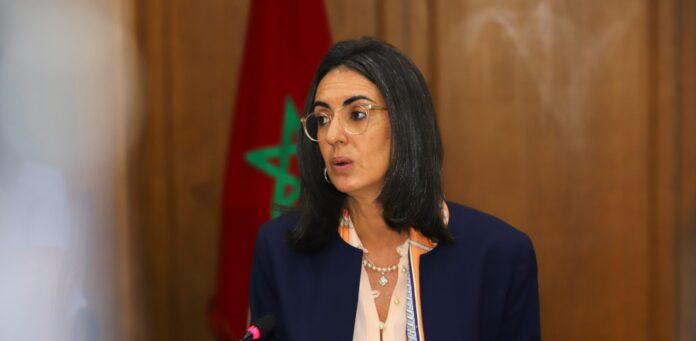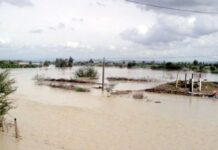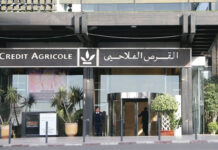During a high-profile panel hosted by the World Bank in Washington as part of its Annual Meetings with the International Monetary Fund, Morocco’s Minister of Economy and Finance, Nadia Fettah, presented a compelling overview of her country’s public enterprise reform strategy. She emphasized the central role that state-owned companies continue to play in Morocco’s broader economic development, particularly in job creation and major infrastructure projects.
Speaking to an international audience, Fettah outlined how Morocco’s network of roughly 60 commercially oriented public enterprises has become a powerful economic engine. Together, these entities generate nearly $25 billion in annual revenue, with a profitability rate close to 40 percent. Since 2021, reforms led by the National Agency for Strategic Management of State Holdings have significantly improved corporate governance. One key advancement, according to Fettah, has been the drive for gender parity on corporate boards—a change she credits with fostering more rigorous and effective decision-making.
Fettah also spotlighted the transformative influence of major public institutions such as the National Office for Electricity and Drinking Water. Thanks to sustained investment from this entity, Morocco has achieved a remarkable electrification rate of 99 percent. She further highlighted other key players in the country’s economic landscape, including the OCP Group, the Tanger Med port complex, and the Moroccan Agency for Sustainable Energy, which she described as essential to Morocco’s clean energy transition.
In addition to governance, the minister underscored Morocco’s progress in enhancing transparency and diversity across the public enterprise sector—both viewed as pillars of modernization. Looking ahead, Fettah announced a major step forward: Moroccan public enterprises will soon adopt International Financial Reporting Standards (IFRS), a move she said would mark a significant leap toward greater financial transparency and global alignment.





